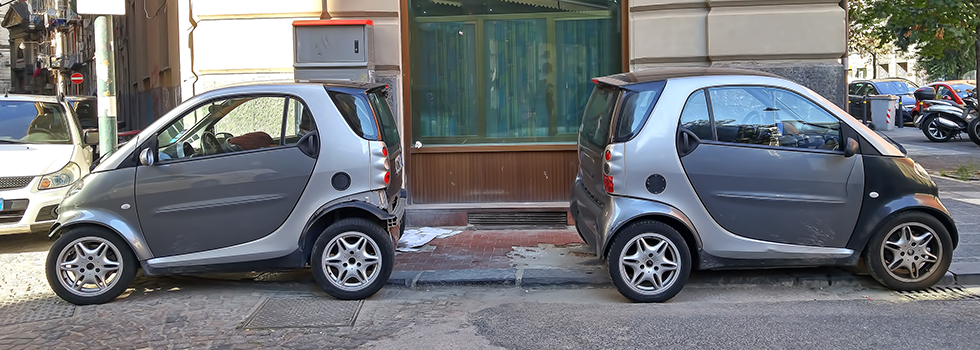
Vehicle Cloning Continues to Rise, but Stats May Only Show Tip of the Iceberg
Published on 10/02/2020
A Freedom of Information request has revealed that the incidence of vehicle cloning is growing, but the true scale of the problem may be far greater than the numbers suggest.
The data provided to leading legal expenses insurer ARAG show that, during the first 10 months of 2019 (the most recent figures made available), the number of Penalty Charge Notices (PCNs) issued by Transport for London (TfL) for failure to pay the Congestion Charge but cancelled because the owner proved their vehicle was not involved (1,727), had increased by more than 10 per cent on the same period in 2018 (1561) and has more than doubled since 2016 (820).
Importantly, the response to the Freedom of Information request identified that TfL does not record the number of occasions on which a PCN is not issued because the vehicle in its photograph does not match details provided by the DVLA for issuing the fine, in a manual check that is carried out before a PCN is issued. This suggests that the use of cloned vehicles in London is likely to be much higher.
ARAG’s latest motor legal protection policy, Complete Motor Legal Solutions, includes cover for the legal costs of challenging or appealing any penalties issued against the policyholder as a result of vehicle cloning.
Commenting on the launch, ARAG’s Underwriting and Marketing Director, David Haynes said:
All the data that we have seen shows that vehicle cloning is a growing problem that can cause massive headaches for innocent motorists. It can sometimes be months before a car owner realises that their vehicle has been cloned, by which time they could be facing multiple penalties and even criminal charges from several different authorities.”
“We’ve built vehicle cloning cover into our latest motor policy to protect owners against the legal costs they might incur defending and appealing such actions but also to alleviate some of the stress that people inevitably face when they find themselves in this situation.
The sophistication of vehicle cloning ranges from the theft of number plates for use on another vehicle to the replication of all identifying characteristics, including the Vehicle Identification Number markings, of a similar vehicle to facilitate the sale of a stolen one.
Commonly, however, registration plates are illegally purchased rather than stolen, to enable the evasion of parking, speeding and other penalties, such as the London Congestion Charge.
The growing problem of vehicle cloning is not restricted to London. Figures obtained from the DVLA in 2019 by Auto Express showed that the number of vehicles reported as cloned, nationally, also appeared to have more than doubled since 2016. The motoring magazine reported that 2,815 car cloning cases were reported in the year to April 2016, but that 4,802 such cases were reported in just the first 9 months of the 2018/19 financial year.
As well as protecting policyholders against the potential stresses and legal costs of their vehicle being cloned, ARAG’s new Complete Motor Legal Solutions policy also includes cover for the cost of defending motor prosecutions (excluding drink, drugs, mobile phone and parking offences and driving while uninsured) and access to its Motoring Legal Services website, which includes dozens of useful, interactive documents for motorists.
Like all of ARAG’s personal lines policies, Complete Motor Legal Solutions is available to insurance intermediaries to offer to their clients as part of their motor insurance offering.
Last year, ARAG was the first legal expenses insurance provider to update its motor cover to accommodate the provisions of the 2018 Civil Liability Act which are set to transform the legal landscape under which motor claims are made from 6th April this year.
Disclaimer - all information in this article was correct at time of publishing.
